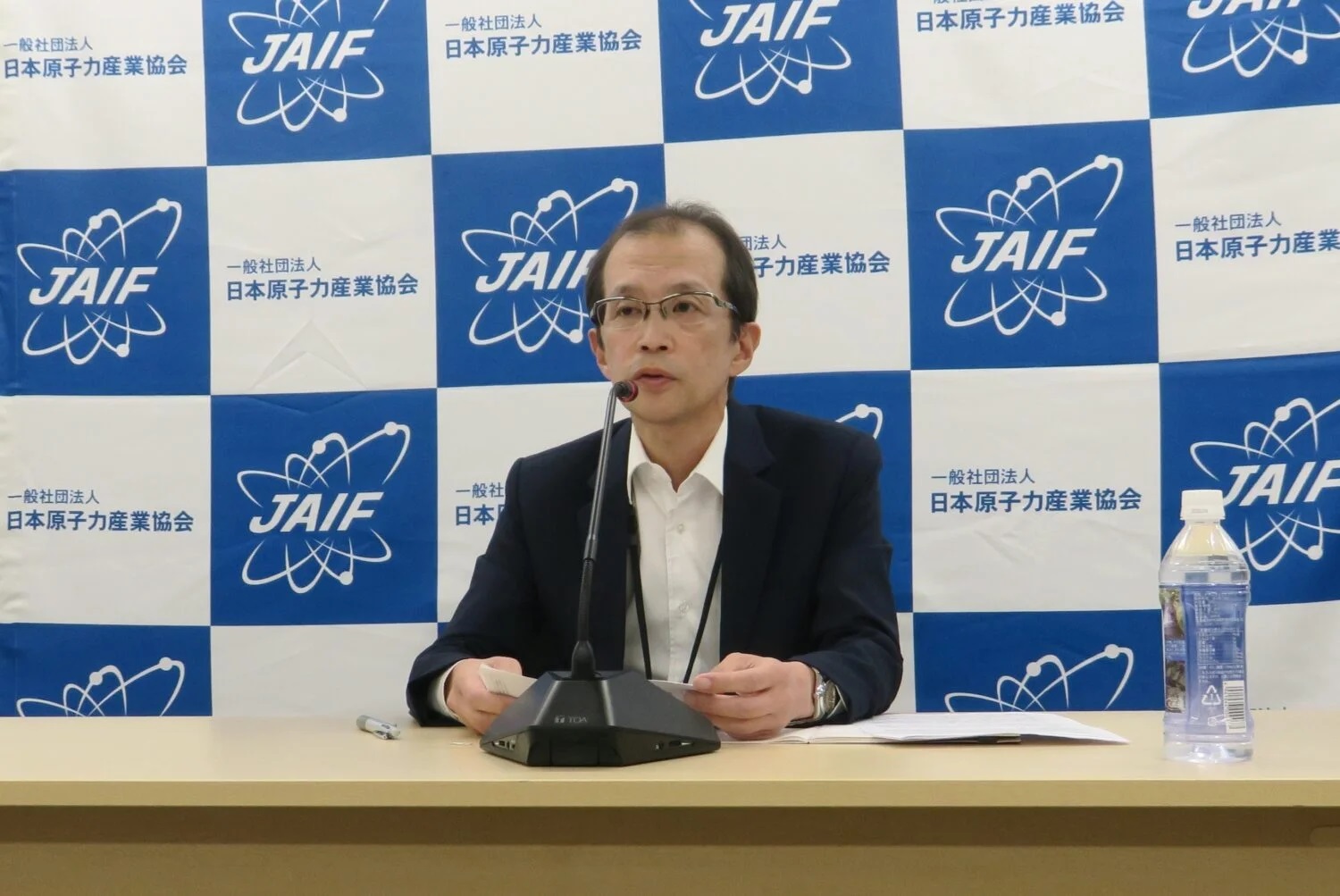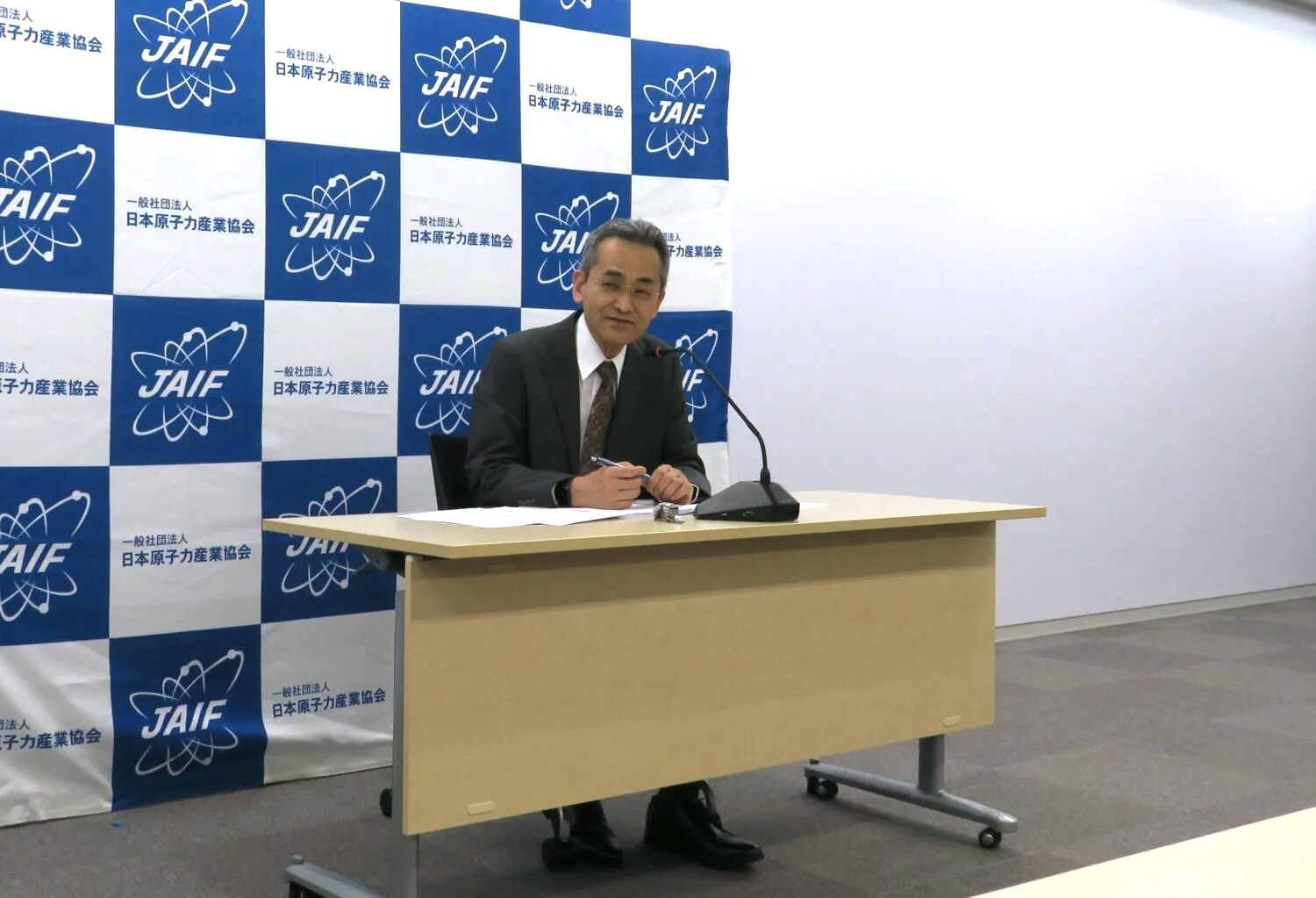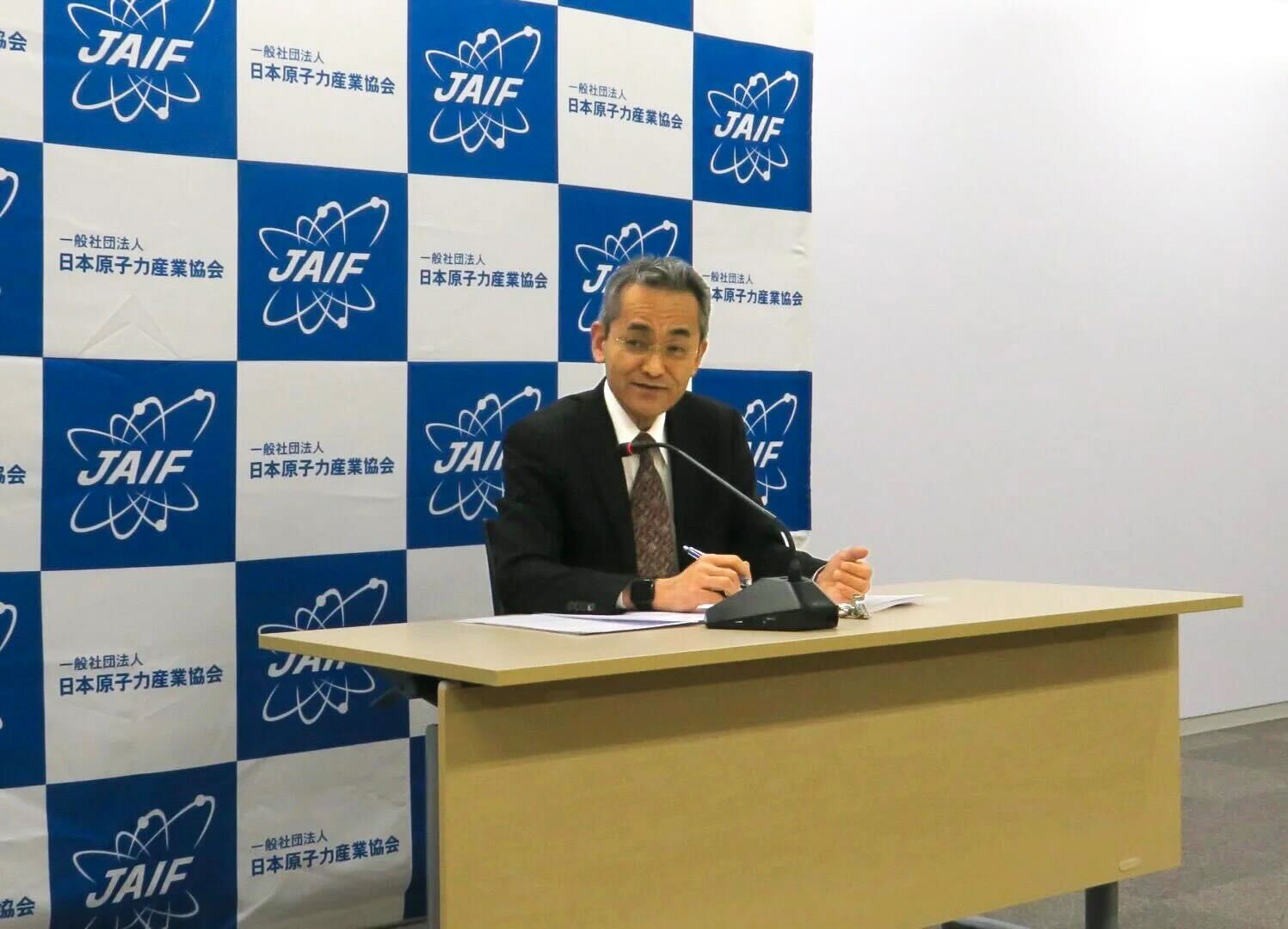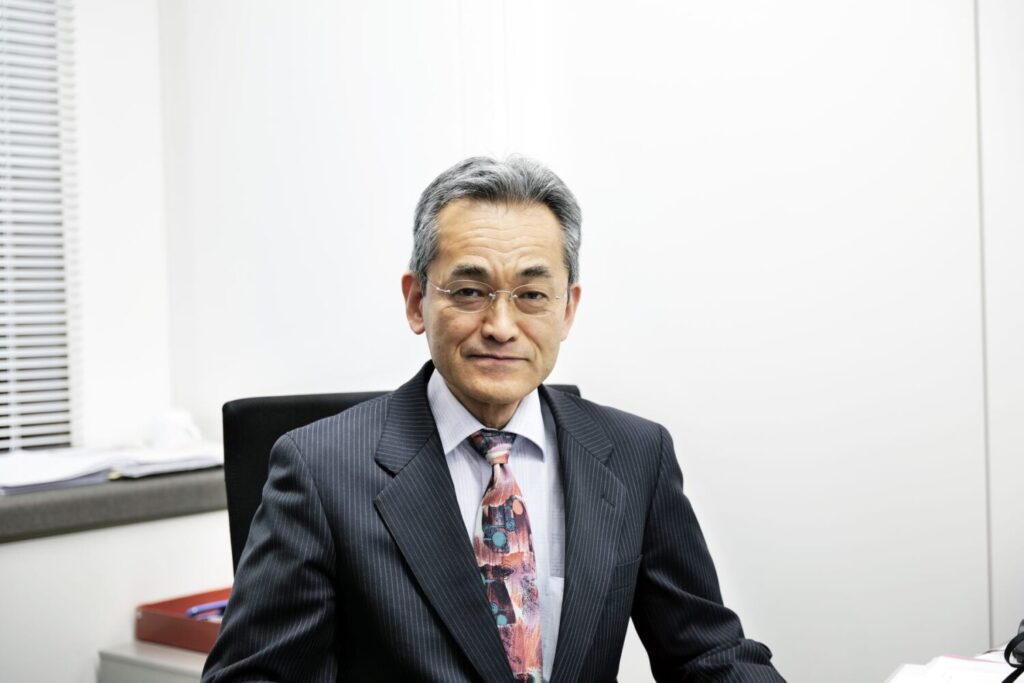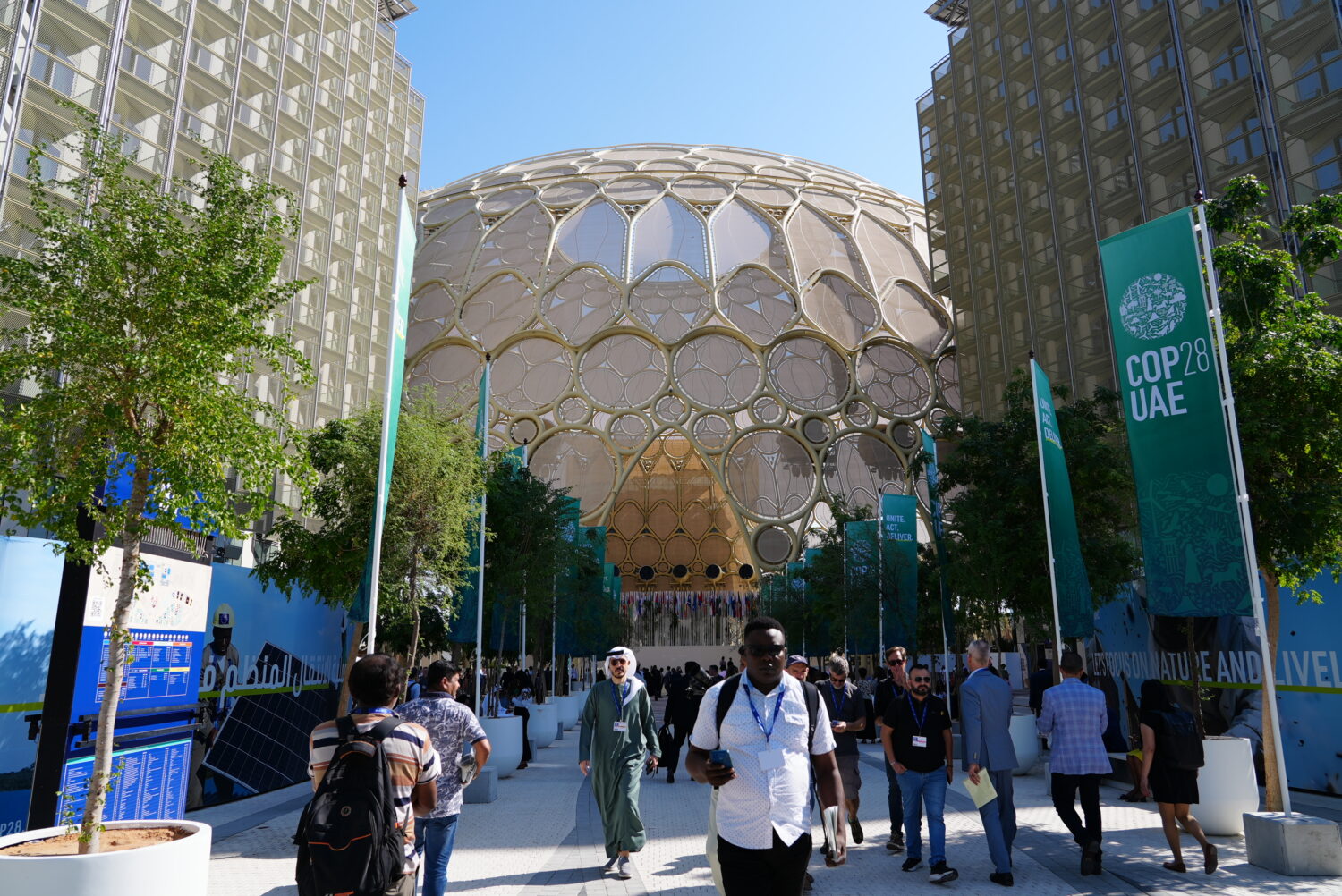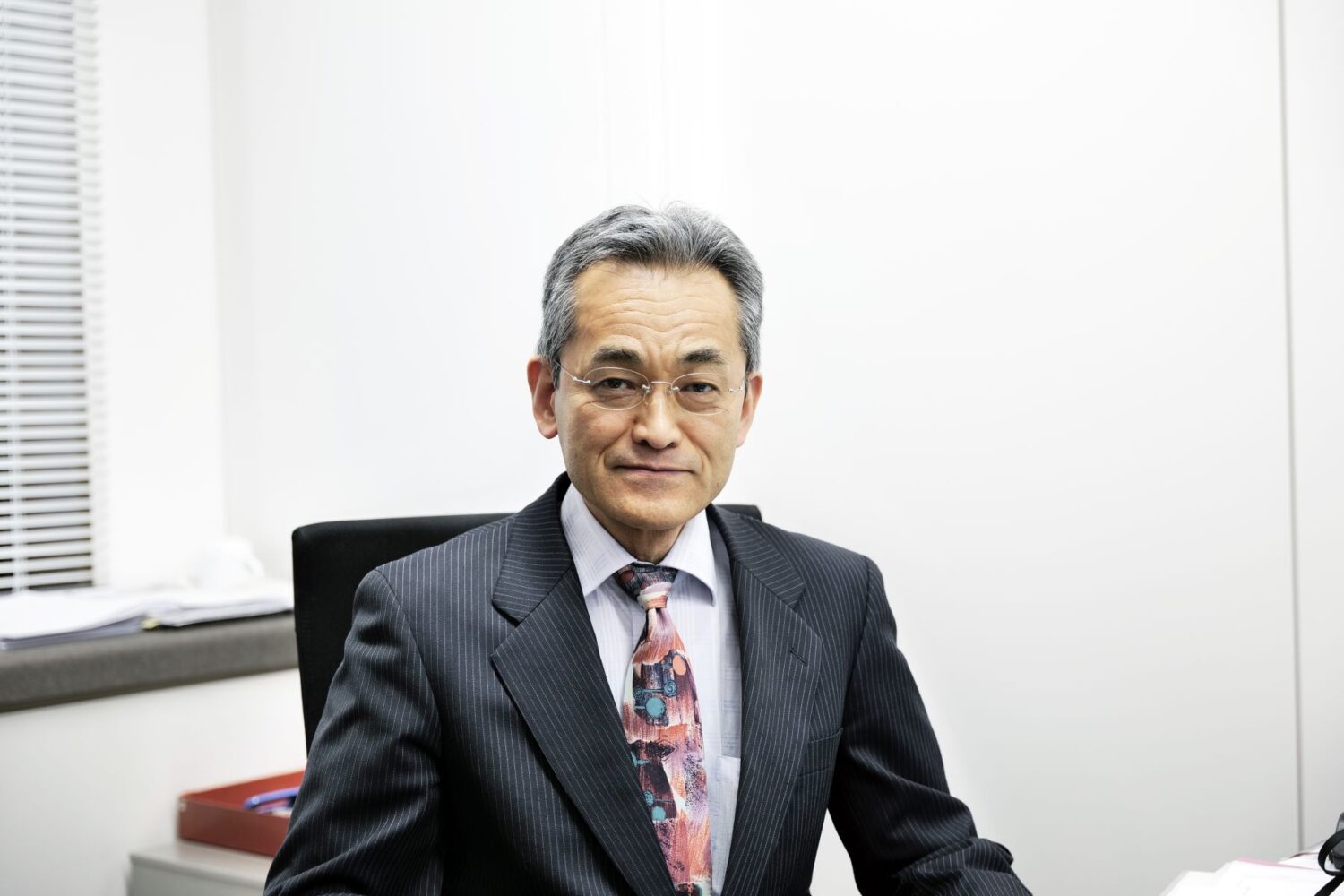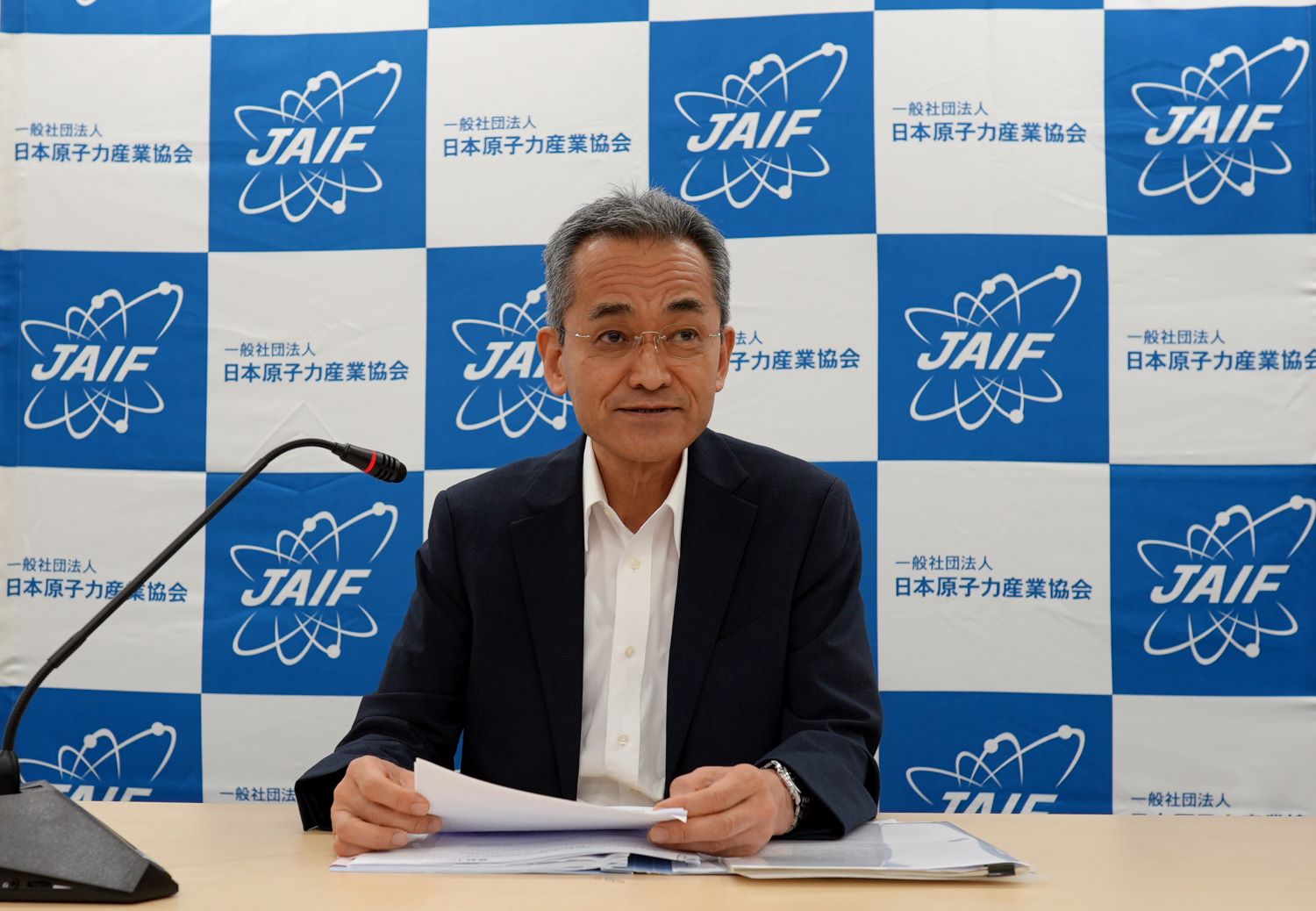Almost 8 years have passed since the application was first filed with the NRA in December 2013. Following similar approval in February 2020 for Onagawa-2 of the Tohoku Electric Power Co. This is the fifth time that the NRA has granted permission for a boiling water reactor (BWR), and the 17th time overall for a domestic nuclear power plant (NPP).
NRA held a total of 184 meetings (as of the end of June 2021) during its examination of Shimane-2. The parties conducted their discussions methodically, including reviews of assumptions regarding earthquakes and tsunami, taking new knowledge and investigative data into account. Based on the results of the meetings, the standard height for tsunami was revised upward from 9.5m to 11.6m, and safety measures were further enhanced accordingly.
I want to express my respect to Chugoku Electric Power and the regulatory authority for their efforts that brought us this far. Power generation by Shimane-2 will supply electricity to approximately 270,000 households, which will significantly reduce the need to operate thermal power plants. The power company estimates its carbon dioxide (CO2) emissions will be reduced by as much as 2,600,000 tons annually, or about 9% of its total emissions in 2019.
According to the government’s recently released draft Sixth Strategic Energy Plan, the goal is for nuclear power to provide 20 to 22 percent of total generated electricity in order to realize a 46-percent reduction in CO2 emissions by the year 2030 (from their 2013 level). To achieve that goal, however, 27 or more nuclear reactors need to be restarted, so Shimane-2 is a valuable addition. Furthermore, restarting the unit will reinforce the stability of the electric supply within the Chugoku region.
On September 7, Japan’s Disaster Management Council approved Chugoku Electric’s evacuation plans for area residents around Shimane-2. The company is urged, however, to continue its work on safety measures consistently—with safety as the top priority—and to provide thorough explanations and information to the local people.
Shiro Arai, President, JAIF




